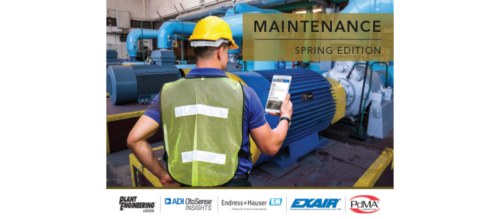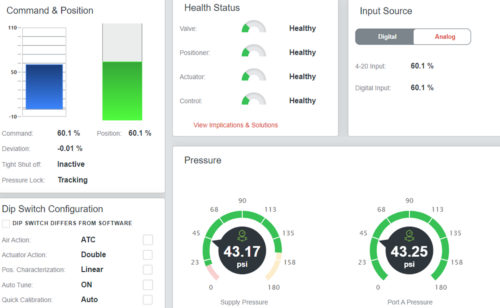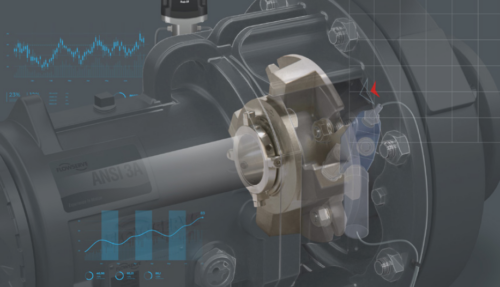A profound impact on manufacturing
The COVID-19 pandemic is changing manufacturing in many ways. Learn how some are being affected and what they're doing for the future
Though so many of us have been told to stay right where we are, events are moving fast and it’s not easy to see where we’ll be by the end of April.
Each of us has worked hard our entire adult life. It’s no wonder we’re of two minds. Our self-interest instructs us to take necessary cautions and we encourage all others to do the same.
We also want to get back to a fully functioning economy. Yet it’s getting to look like a long haul.
“Sovereign [oil producers] will continue to pump as much as they can to support their economies while higher cost producers, especially in the U.S., may need to shut down at some point in the near future. Any emergency from the supply side (OPEC+Russia) looks unlikely and would probably fail anyways due to weak demand expectations in the near term,” wrote Mayak Joshi of Chatham Financial in a recent note.
While recognizing the necessity of economic measures, self-interest also instructs us to fear the long-term consequences of trillion-dollar stimulus packages — piled on top of an already indebted economy — including the kind of inflation that destroys investments and the security of those on fixed incomes.
It is magnificent that so many people today continue working from home, but goods-making is a physical process, meaning that to keep working, production personnel must remain in the line of fire.
Critical functions
The U.S. Department of Homeland Security’s Cybersecurity and Infrastructure Security Agency has released guidelines identifying workers and industries essential to continuity of functions critical to public health and safety, as well as economic and national security.
Manufacturing is one of 14 employment categories so identified. The guidelines are not mandatory but constitute an advisory. The critical manufacturing category includes workers needed for making materials and products for medical supply chains, transportation, energy, communications, food and agriculture, chemical manufacturing, nuclear facilities, water and wastewater treatment and the defense industrial base.
One manufacturing company that is keeping on trucking is Sealing Equipment Products Co. (SEPCO) of Alabaster, AL. The company and its authorized distributors continue to operate on their regular schedule because the components it produces support utilities, power grids, medical facilities, government offices, food services, data centers and other vital information technology infrastructure.
In addition, SEPCO products support exempted industries and sectors, such as aerospace, logistics and transportation, personal product equipment (PPE) manufacturing, chemical processing and refining, mining, water and wastewater treatment and military applications.
As it continues to operate, the company says, its team also is executing appropriate CDC recommended safety precautions, including social distancing.
On war footing
An Aurora, IL, metal manufacturer is transforming its factory to make emergency beds in response to the COVID-19 crisis.
“We were very involved in aiding the efforts of our military in World War II, and this is no different,” Richards-Wilcox President Bob McMurtry said. “We have the ability and desire to help fill the need for temporary beds, so it was a simple decision.”
Richards-Wilcox is transforming its 365,000-square-foot metal fabricating factory into an emergency bed critical response manufacturer to fabricate temporary beds for medical, overflow and quarantine facilities. Beds will be ready for shipment early in April.
Manufacturing needs to be brought back to the U.S. so we can remain master of our own house.
Do you have experience and expertise with the topics mentioned in this content? You should consider contributing to our CFE Media editorial team and getting the recognition you and your company deserve. Click here to start this process.





